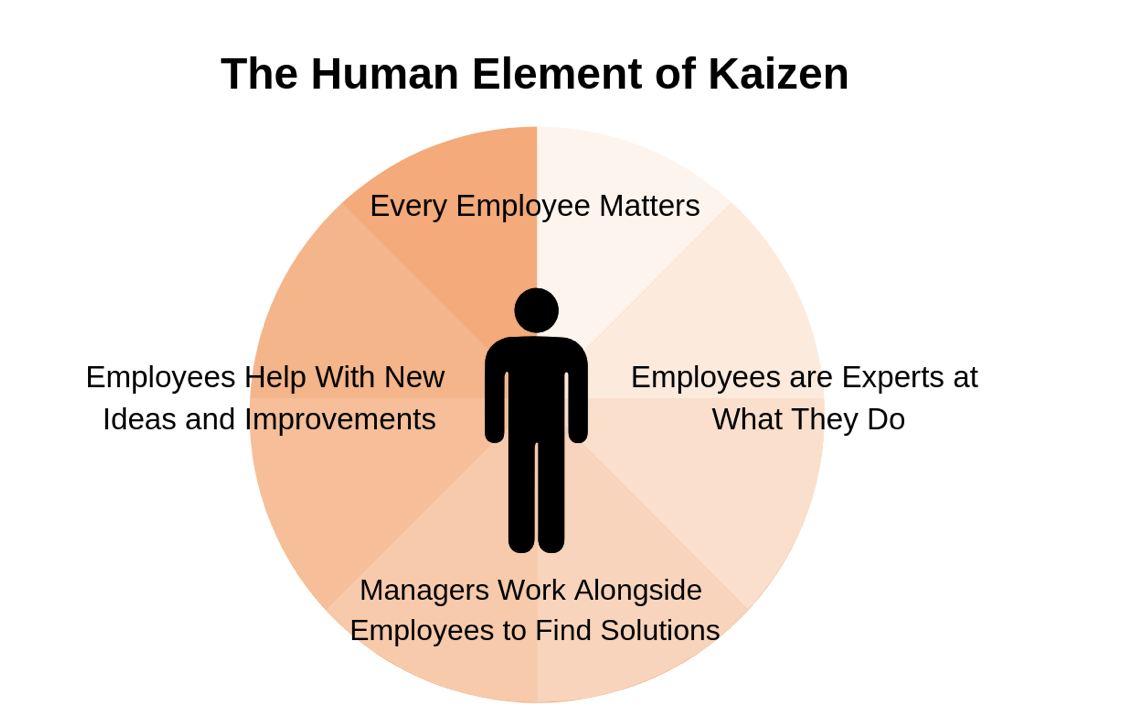Four Japanese concepts to inspire the way we conduct businesses
Alexa Tran
3 years ago · 3 min read
Welcome back to the Finance and Coffee blog! We hope you had a wonderful holiday break and are ready to make new goals at the opening of a new calendar.
This is the time we reflect pleasantly upon how we did last year, give up bad habits to make room for positive changes this year.
Even though it’s hard to pin down where we might find ourselves in 12 months' time, setting goals and committing to taking action will vastly increase your chances of reaching the goals.
To make a compelling starting point, we would like to share with you a few Japanese concepts that can improve your work life and personal life immeasurably.
Without further ado:
1. Kaizen – “continuous improvement”

Kaizen is a word that means continuous improvement. It is a dynamic philosophy that focuses on gradually improving productivity and efficiency involving all employees in all levels of operation. It’s about making ongoing, incremental and compounding changes on a daily basis to reduce wasteful practices and improve performance.
The idea is that we never reach the perfect end and everything can be improved upon. Similarly, author James Clear shared a powerful visualisation of how making tiny gains add up over the long term.
“If you get better each day for one year, you will end up thirty-seven times better by the time you’re done” – said James Clear
For example, your business might aim to reduce time spent waiting between tasks, prevent moving files around before they could be worked on and empower staff to raise issues early on or contribute ideas to upgrade the existing process.
2. Omoiyari – "extend your thoughts to others through action"

‘Omoiyari’ is one of the most important concepts in Japanese culture and communication, which means heightening your awareness of the needs of those around you and meeting those needs before they have to verbalise them.
‘Omoi’ means considerate caring for others and ‘yari’ is the noun form of the verb ‘yaru’ which means sending something to others. Together it means sending one’s altruistic concern to others.
In the business scene, companies can differentiate themselves with this Japanese style of service. Put yourself in the shoes of your customers, and from their perspective, anticipate their needs
